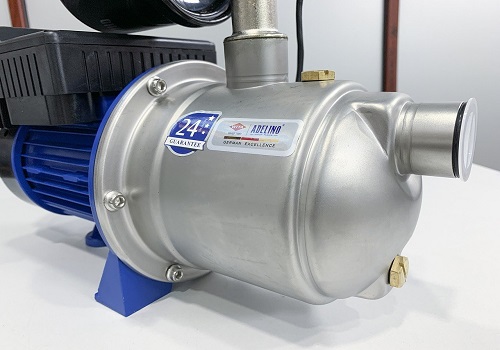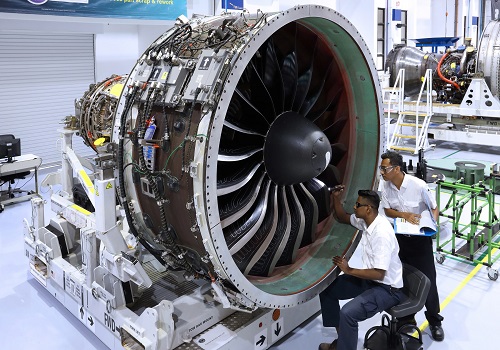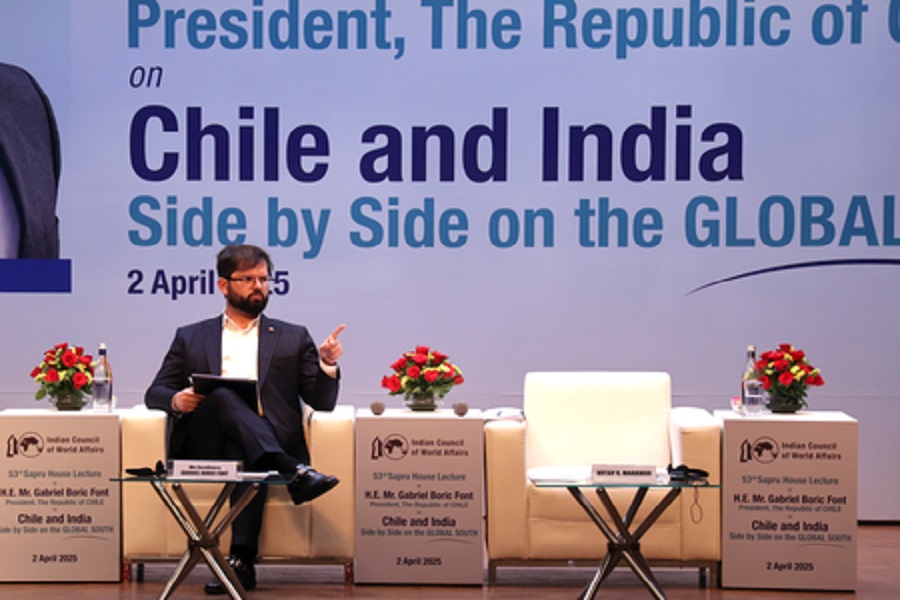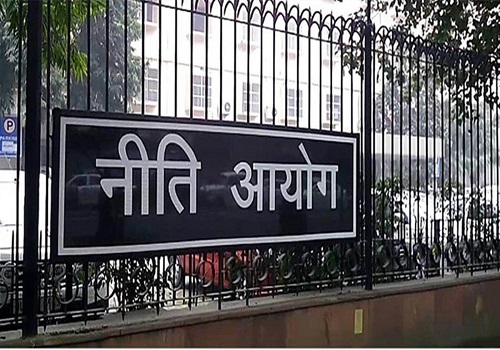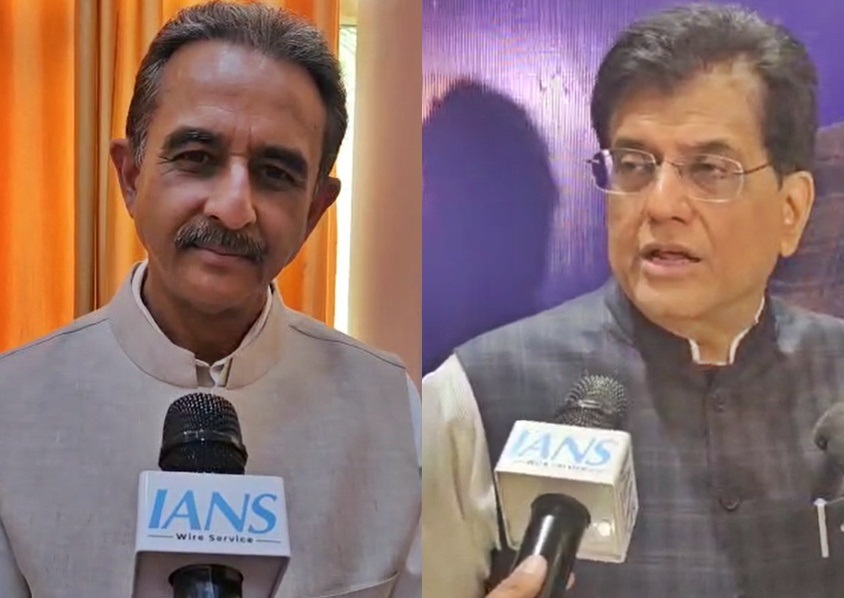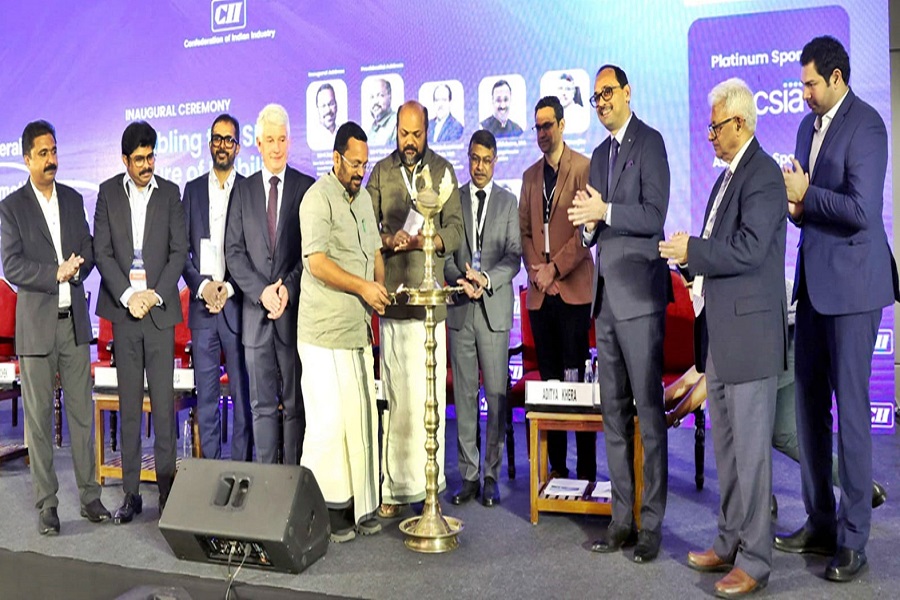India-specific feature helps Uber clock 3.5 mn trips & orders, rolls out globally
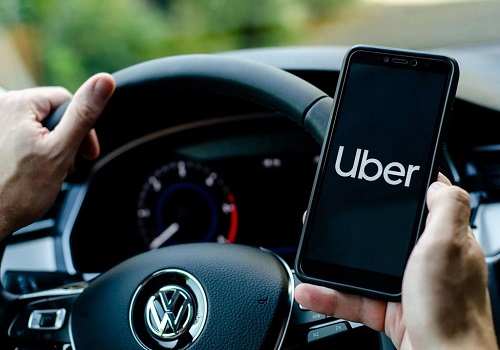
A feature deployed in India by local Uber teams to verify genuine users on its platform has helped the company add 3.5 million trips and orders this year to date, the ride-hailing platform said on Monday.
This verification feature is now being rolled out to Uber users globally, including riders, eaters, merchants and earners, the company said in a statement.
The development process was worked on by a team of engineers, data scientists, product and program managers, all based out of India.
The country houses the two largest tech centers for Uber outside the US, and is responsible for some of the leading global innovations in ridesharing, freight and food delivery.
The ‘challenge framework, based on a rule engine, helps identify users with malicious intent swiftly, thereby increasing security on the platform for millions of people transacting on it by the day.
The challenges are self-resolvable verification processes taken while a user tries to transact on the platform, book a trip or place an order.
“The latest upgrades to the engine made by the India teams do exactly that, and are a fine example of the immense tech talent housed here,” said Deepak Kumar, Head of Risk Engineering, Uber India.
The intervention resulted in an incremental 3.5 million trips and orders within 2023, by allowing over 600,000 riders, eaters and merchants to get their accounts unblocked through simple challenges.
The primary goal of the framework is to enhance platform security by proactively identifying and stopping potentially malicious activity, all while ensuring that genuine users are not inconvenienced.
“Keeping challenges easy, in the form of card scans, address verification, verifying CVV codes, makes sure genuine users don’t get impacted by harsher actions such as account bans even as malicious booking attempts are blocked,” said Uber.
Additionally, the team also presented contextual information to users along with challenges and other self-resolvable options enabling them to proceed with their trip or order.
To strengthen this framework further, the team also built feedback loops as a way to continuously learn and improve from these user interactions, said the company.





